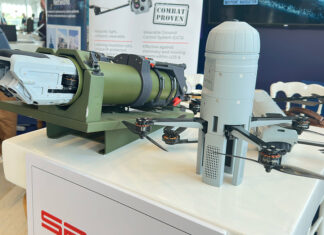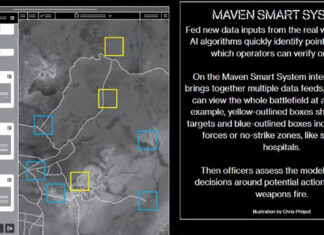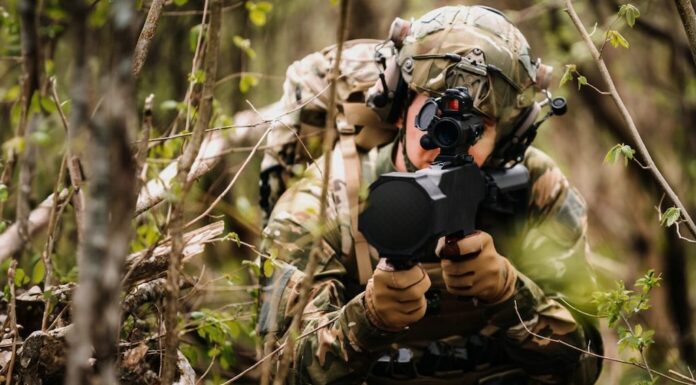
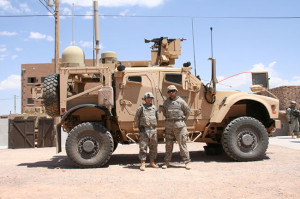
The U.S. Department of Defense has authorized the Army to continue fielding Warfighter Information Network-Tactical (WIN-T) Increment 2 as part of the services’ Capability Set 13 deployment. The Army awarded General Dynamics C4 Systems a $346 million delivery order to procure the WIN-T Inc 2 network for additional Brigade Combat Teams and Division Headquarters units. Initial fielding of the WIN-T Inc 2 network as a key component of Capability Set 13 has already began this month, at at Ft. Drum, N.Y., and Ft. Polk, La., with the training of two brigades of the 10th Mountain Division using previously procured equipment.
WIN-T Inc 2 completed its Initial Operational Test and Evaluation (IOT&E) during the Army’s Network Integration Evaluation 12.2 this summer. The IOT&E was the largest tactical-network test of its kind, involving more than 4,000 soldiers dispersed over a 2,000-square-mile area. The soldier feedback following the evaluation enables General Dynamics to work with the Army to continue optimizing the system’s overall performance and effectiveness.
WIN-T is the Army’s mobile battlefield network that provides mission critical voice, video and data to soldiers. WIN-T Increment 1 is now fully fielded to 210 active duty, reserve and National Guard units. WIN-T Increment 2 moves with commanders and provides situational awareness and the ability to command from anywhere on the battlefield.
In July 2012, the Army began fielding the WIN-T Increment 1 ‘Colorless Core’ and ‘Net Centric Waveform’ (NCW) upgrades. The colorless core security enclave secures data and increases interoperability with the upcoming WIN-T Increment 2, while providing additional operational flexibility to the network. The NCW upgrade is a beyond-line-of-sight capability to improve satellite communications and enhance interoperability with WIN-T Increment 2. The upgrade is projected to be complete in Fiscal Year (FY) 2016.
WIN-T Increment 2 supports operations while on-the-move, pushes network connectivity to the company level, introduces networking radios and enhances Network Operations (NetOps) for network planning and monitoring.
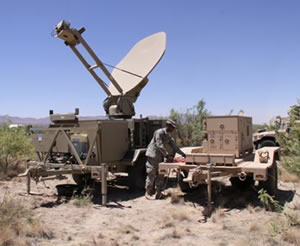
Development and testing continues on WIN-T Increment 3, which will add an air tier to the WIN-T architecture to offload communications from satellite transponders, while increasing network speed and reliability. WIN-T Increment 3 will also provide the Joint Command, Control, Communications, Computers, Intelligence, Surveillance and Reconnaissance (JC4ISR) radio, which makes great strides in improving throughput capacity and extending communications ranges. Improvements in NetOps will also be realized with WIN-T Increment 3.
“WIN-T Increment 2 has shown the value of high-speed communications for commanders who need robust, reliable communications and situational awareness,” said Chris Marzilli, president of General Dynamics C4 Systems. “Commanders can now make faster, more informed decisions using real-time information while moving with their soldiers, rather than being tethered to command posts.”
The next phase of the program will be WIN-T Increment 3. In addition to full networking on the move this phase will also provide an aerial tier deployed on unmanned aerial vehicles (UAV) to enhance communications reliability. Additionally, the Increment 3 gear will include two channel JC4ISR radio and antennas embedded into the platforms.
Increment 3 NetOps delivers full Network Management, Information Dissemination Management, and Information Assurance Planning, Monitoring, Administration, and Response (PAMR); Spectrum Planning and Management for all battlefield emitters.






